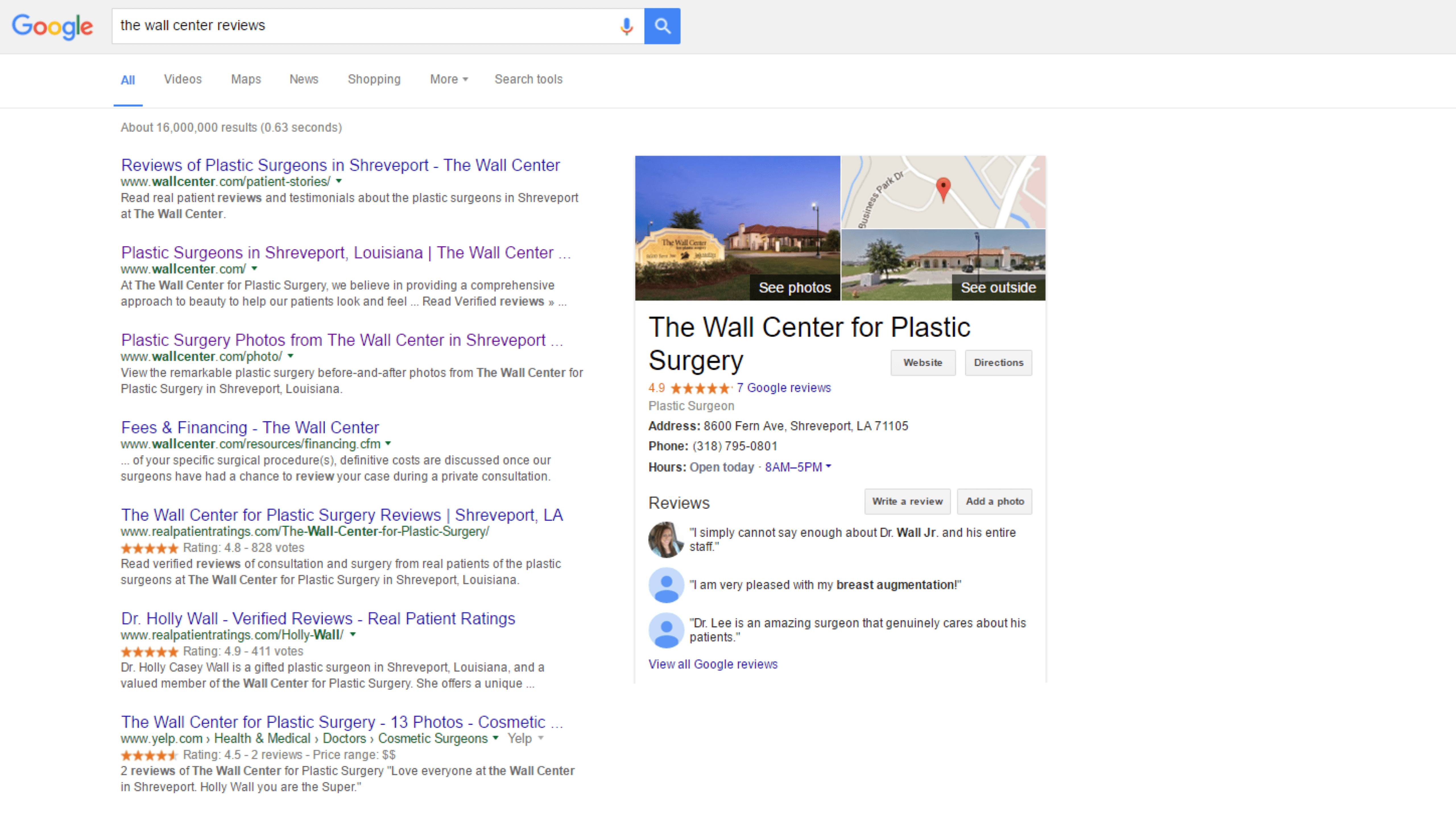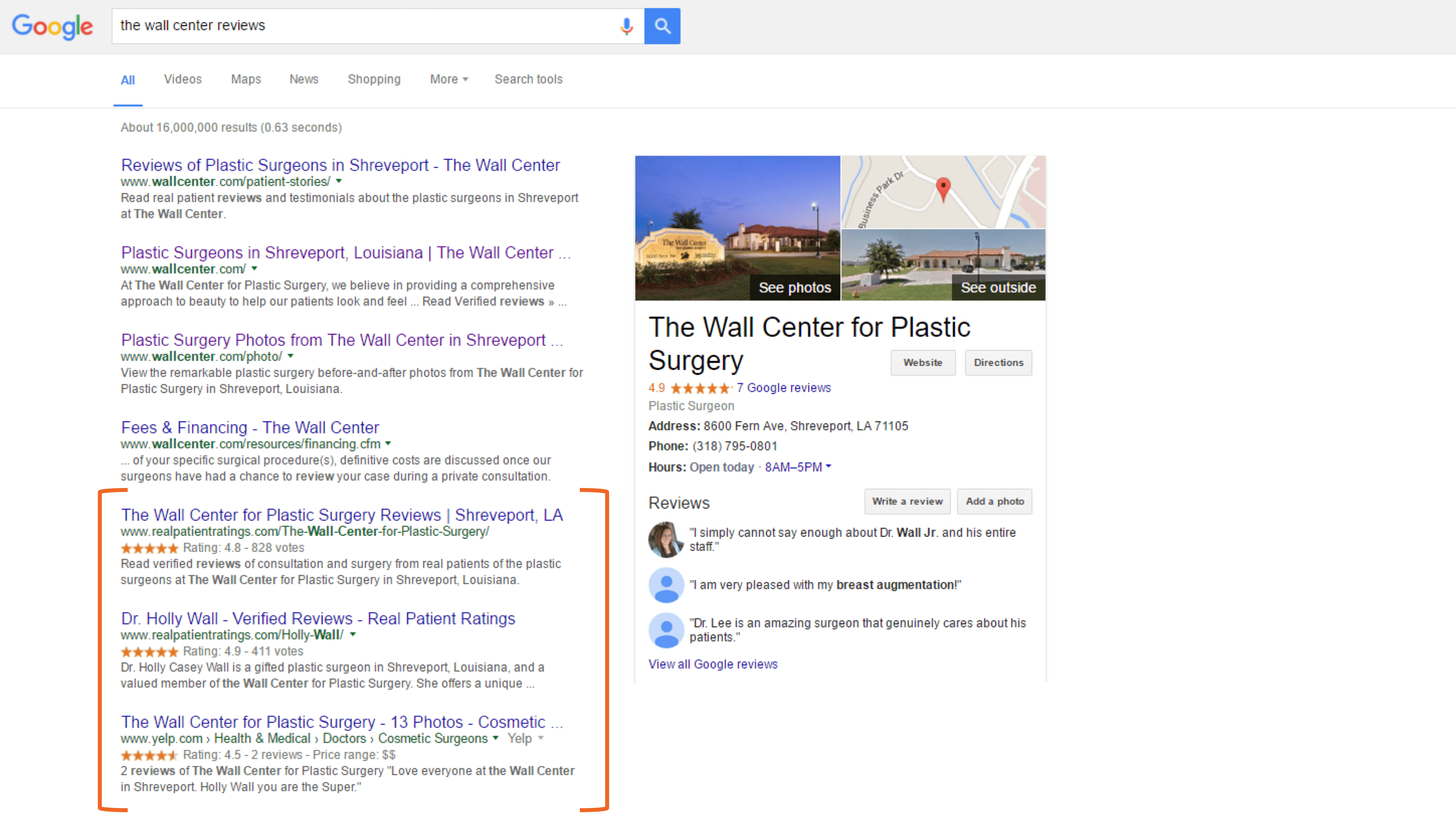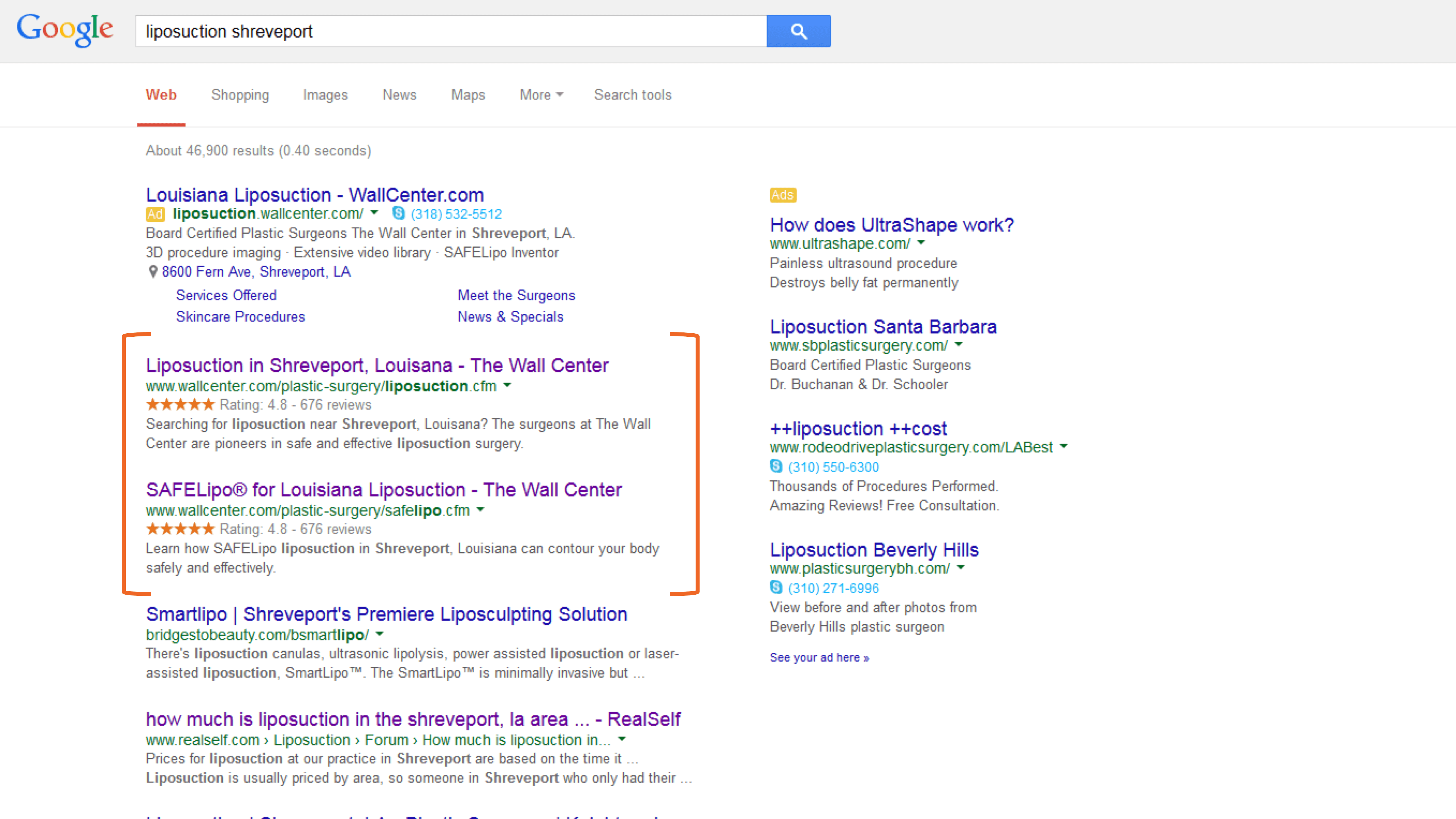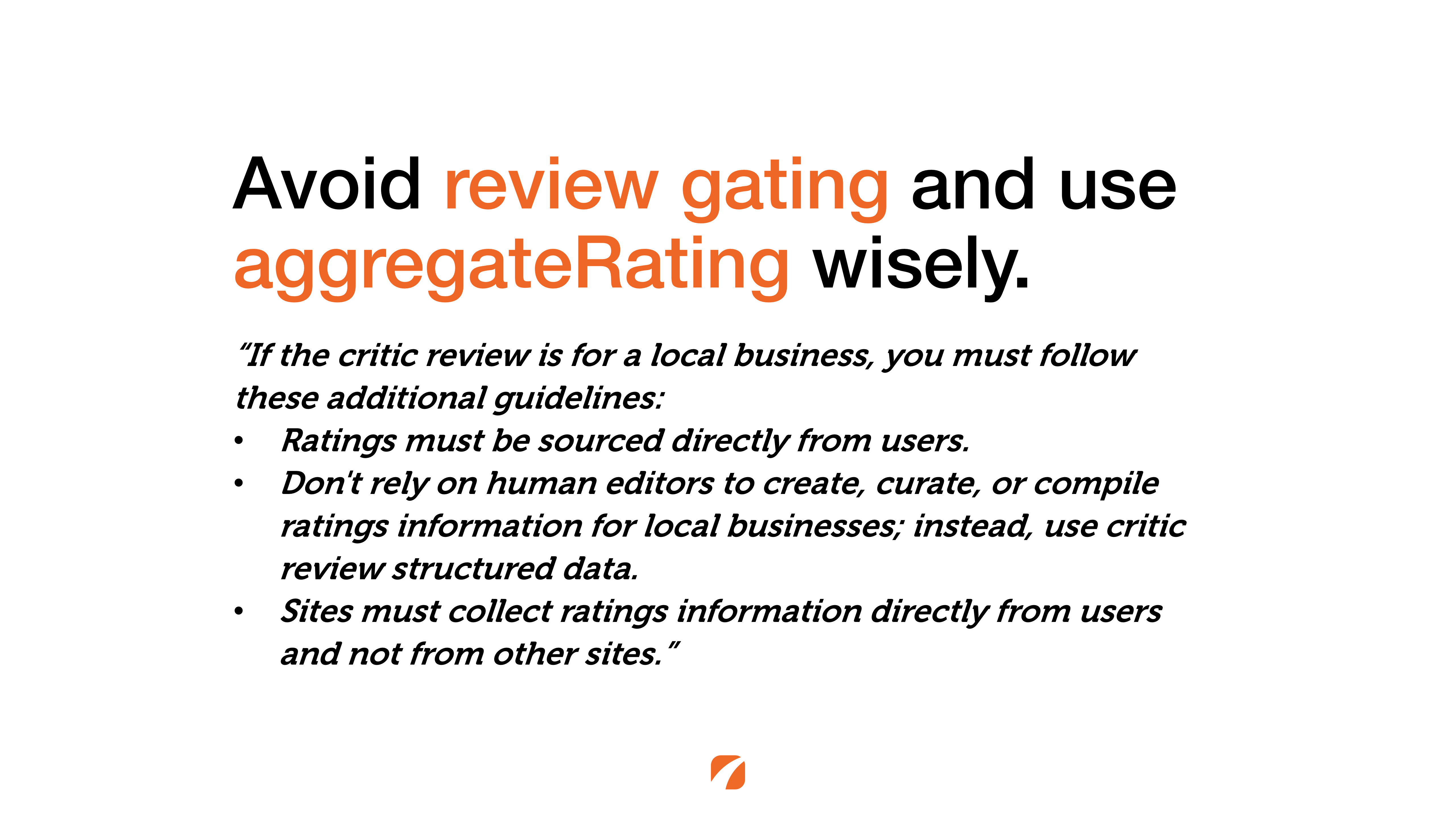Your online reputation is your brand’s trademark, and you work hard to earn positive patient reviews. And while it’s important to monitor and encourage this type of feedback, many practices don’t realize the important rules and regulations surrounding these practices.
In this month’s blog post, CEO Ryan Miller discusses the strict (and important) regulations around maintaining a positive online reputation, and what exactly is at stake if you violate these guidelines.
Video Transcription
Hi again and welcome back. This month, we’re going to be talking about online reputation and specifically, well, its darker side.
So, as much as I don’t like to be a fear monger, let me lead off with this question: What are you willing to risk for a positive reputation on the web? Let’s think about these things:
- Are you willing to risk a federal trade violation, getting federal charges or a federal fine for engaging in practices that violate the federal guidelines?
- Are you willing to risk being banned by Google and having reviews or your online local listings taken down?
- Would you be willing to risk violating society guidelines and potentially being called to task for misleading or deceiving patients?
And let’s be clear, it’s probably not your patients that would turn you in. It’s more likely going to be a competitor that’s watching you closely and identifying or alerting any one of those organizations that I just mentioned. Because what’s at stake is potentially your medical license, your success in online marketing or hundreds of thousands of dollars in fines.
Now why would anybody take risks so severe? And the reality is usually because they just don’t understand the guidelines that are set forward as it relates to online marketing and online reputation in the medical arena.
So, let’s take a quick look here: the reason as well is that we’re all concerned with looking as good as possible online because we know that patients are searching our business name plus the word “reviews”. Just for giggles, go ahead and type in your practice name in the Google search bar:

Often what you’ll see is it auto-completes with the word “reviews” right afterwards. That’s telling us that that’s a popular search for patients inside our market. And what we see when that happens are things like this:

We see the aggregation of different sites that are rating and reviewing your practice or your doctors showing up right there on Google’s first page. Now, what you’ll notice is many of those sites today include star ratings next to their listings. I’ve highlighted examples here from Real Patient Ratings and Yelp:

So, we know that those star listings are attractive, and they visually catch our eye. And for many clinics today, they want to see star listings — not just from those third-party websites, but on their own websites as well. Now, in pursuit of all those things, if we’re not aware of what the rules and the regulations are, there’s a chance that we put our practice or our physician’s medical license at risk.
Here are the three things that we want you to take away today. Just cautionary tales about how to do online reputation right and do it in a way that’s safe for you and for all your providers.
Don’t compensate patients for reviews.
The first thing you have to understand is that it’s illegal to compensate patients for reviews. So, if you’re advertising that patients get a free treatment, a gift certificate or a discount, that’s compensation and it runs afoul of FTC guidelines, unless those patients clearly disclosed that they were compensated for the reviews. This isn’t just for celebrity endorsements.
Obey professional codes.
In addition to that, every state medical licensing board has codes in place that govern false, fraudulent, and misleading communications. If there’s the risk that you might deceive a patient — a common example of this might be telling the members of your staff that they need to write reviews when they receive free services from the clinic as a part of their employment — without them disclosing that they’re staff members. And in that case, we may be misleading a patient who needs to know all the material facts about the person who’s writing that review.
Avoid review gating and aggregateRating wisely.
Finally, we need to avoid two practices that Google really doesn’t like. And in fact, they have published guidelines that prohibit these things.
One is called review gating and it’s just what it sounds like when we ask patients, “Hey, were you happy?” Oftentimes it’s when they complete a satisfaction survey and if they say they’re satisfied, you then in turn steer them to one of the major review sites to leave a review. And if they say they’re dissatisfied, you shunt them into some other vehicle for communication with the practice. That’s called review gating and sites like Google and Yelp will actually remove your reviews if they catch you engaged in this practice.
There’s also this thing called aggregateRating. It’s a little bit of code and it’s the thing that allowed us to see star ratings next to a clinic’s own website. Now, the way that aggregateRating works today, we have some guidelines there on the screen for you to follow:

Ideally, Google says they want the reviews used to calculate your own aggregate rating. The value and the number of stars that you broadcast on your own website should be based on reviews that you collect yourself, not aggregated from other third-party websites. And all the details need to be clearly accessible and evident to the consumer.
So, there are clear policies and guidelines that you can use to do these things right. Because at the end of the day, what we have to step back and think is: Are we really willing to be called to task by a competitor? It’s not going to be the patients who are going to turn you in for these violations. It’s very likely to be competing practices in your market who are watching to make sure that you’re playing fair.
So, all of that said, if you have any questions about this or other topics for online marketing, your medical practice, we invite you to send us an email or visit us online.
Contact Us

Pingback: Your Biggest Online Reputational Risk May Not Be 1-Star Reviews - RealSelf Insights Center